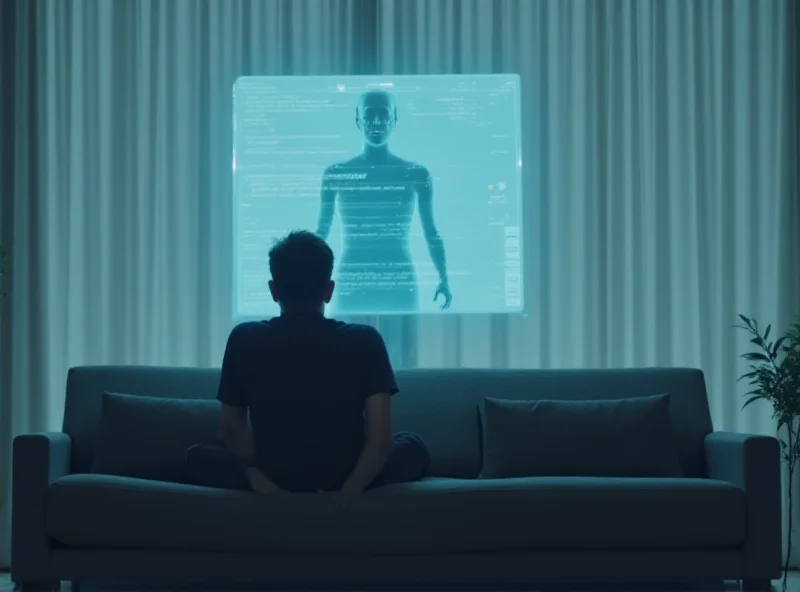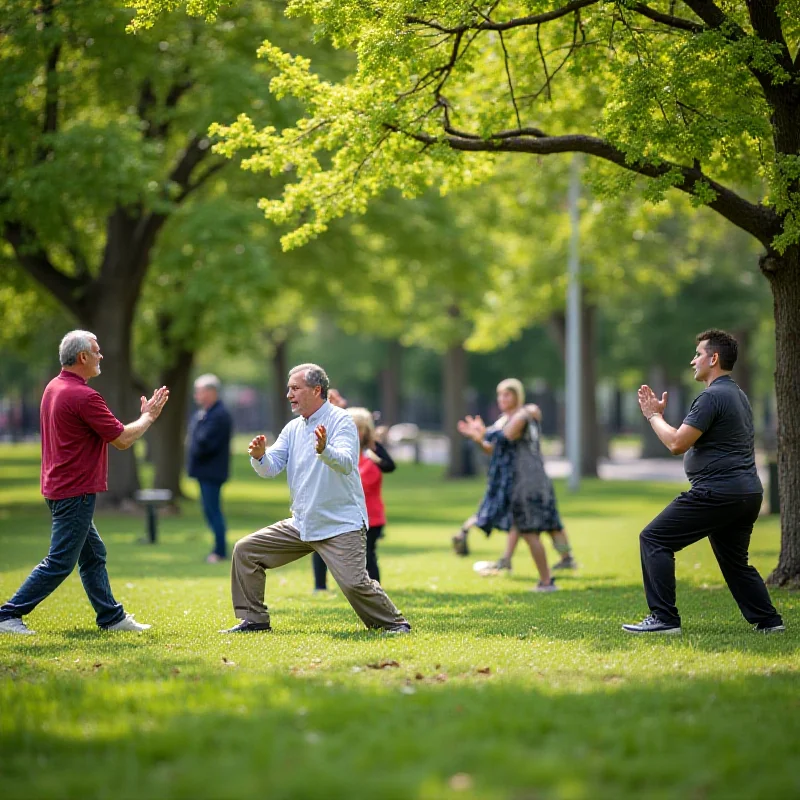The digital age has brought us many conveniences, but also some complex questions about our well-being. Are we truly connecting with others online, or are we becoming increasingly isolated? This week, we delve into the debate around AI companions and their impact on our social lives, alongside other important health news.
The AI Companion Conundrum
AI companions are becoming increasingly sophisticated, offering users the opportunity to build online friendships and even romantic relationships with artificial intelligence. But health experts are raising concerns about the potential impact of these relationships on our real-world social connections. Kasley Killam, author of "The Art and Science of Connection," warns against leaning too heavily on AI for social fulfillment. "While these technologies may offer a sense of connection in the short term, they may also hinder our ability to develop and maintain genuine human relationships," Killam explains.

The key takeaway is balance. Using AI as a tool for connection can be helpful, but it shouldn't replace the irreplaceable value of human interaction. We need to nurture our real-world relationships to maintain a healthy social life.
Balance for Longevity
Beyond social connections, another crucial aspect of health and longevity is balance. It's easy to overlook, but maintaining good balance is vital as we age. One effective way to improve your balance is through practices like tai chi. This gentle exercise strengthens your core and improves coordination, reducing the risk of falls.
Interestingly, even hearing aids can contribute to better balance. By addressing sensory deficits, we can enhance our overall stability and well-being. So, prioritize balance exercises and consider addressing any hearing issues to promote a longer, healthier life.
The Dark Side of Daylight-Saving Time

Daylight-saving time might seem like a harmless shift, but doctors warn of its potentially deadly consequences. Studies have shown an increase in heart attacks and car accidents following the time change. This disruption to our natural circadian rhythm can have serious implications for our health. While the convenience of extra daylight is appealing, the health risks are worth considering.
"Daylight-saving time may seem like a harmless shift. But doctors say it has deadly consequences, increasing risks of heart attacks, and car accidents."
Heat Wave Hazards
Finally, a reminder to stay safe during periods of extreme heat. Reports are emerging of schools failing to adequately address high temperatures, leading to widespread discomfort and illness. Be sure to stay hydrated, seek shade, and take breaks in air-conditioned environments when necessary. Prioritizing your health during heat waves is essential.

In conclusion, staying informed about the multifaceted aspects of health – from the impact of AI on social connections to the importance of balance and the risks of daylight-saving time – empowers us to make informed decisions and prioritize our well-being.
